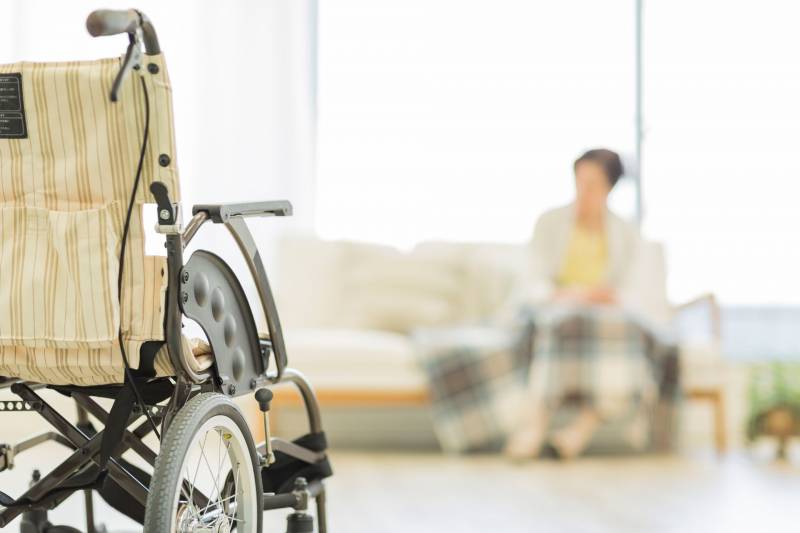The ban on deadnaming violates employees’ rights to free speech, the court ruled Friday.
“The law compels long-term care facility staff to alter the message they would prefer to convey,” the court reasoned, adding that the ban “burdens speech more than is required” to reach the state’s objective of eliminating discrimination, including harassment on the basis of sex.
Referring to residents other than by their preferred gender “may be disrespectful, discourteous, and insulting,” Associate Justice Elena Duarte wrote on behalf of the three-judge panel. But it can also be a way “to express an ideological disagreement with another person’s expressed gender identity.”
“The pronoun provision at issue here tests the limits of the government’s authority to restrict pure speech that, while potentially offensive or harassing to the listener, does not necessarily create a hostile environment,” she wrote, adding italics to “potentially” and “necessarily.”
State Sen. Scott Wiener, D-San Francisco, who carried the law, said deliberately deadnaming someone is actually an act of erasing that person’s humanity.
“The Court’s decision is disconnected from the reality facing transgender people,” Wiener said in a statement. “Deliberately misgendering a transgender person isn’t just a matter of opinion, and it’s not simply ‘disrespectful, discourteous, or insulting.’ Rather, it’s straight up harassment. And, it erases an individual’s fundamental humanity, particularly one as vulnerable as a trans senior in a nursing home.”

